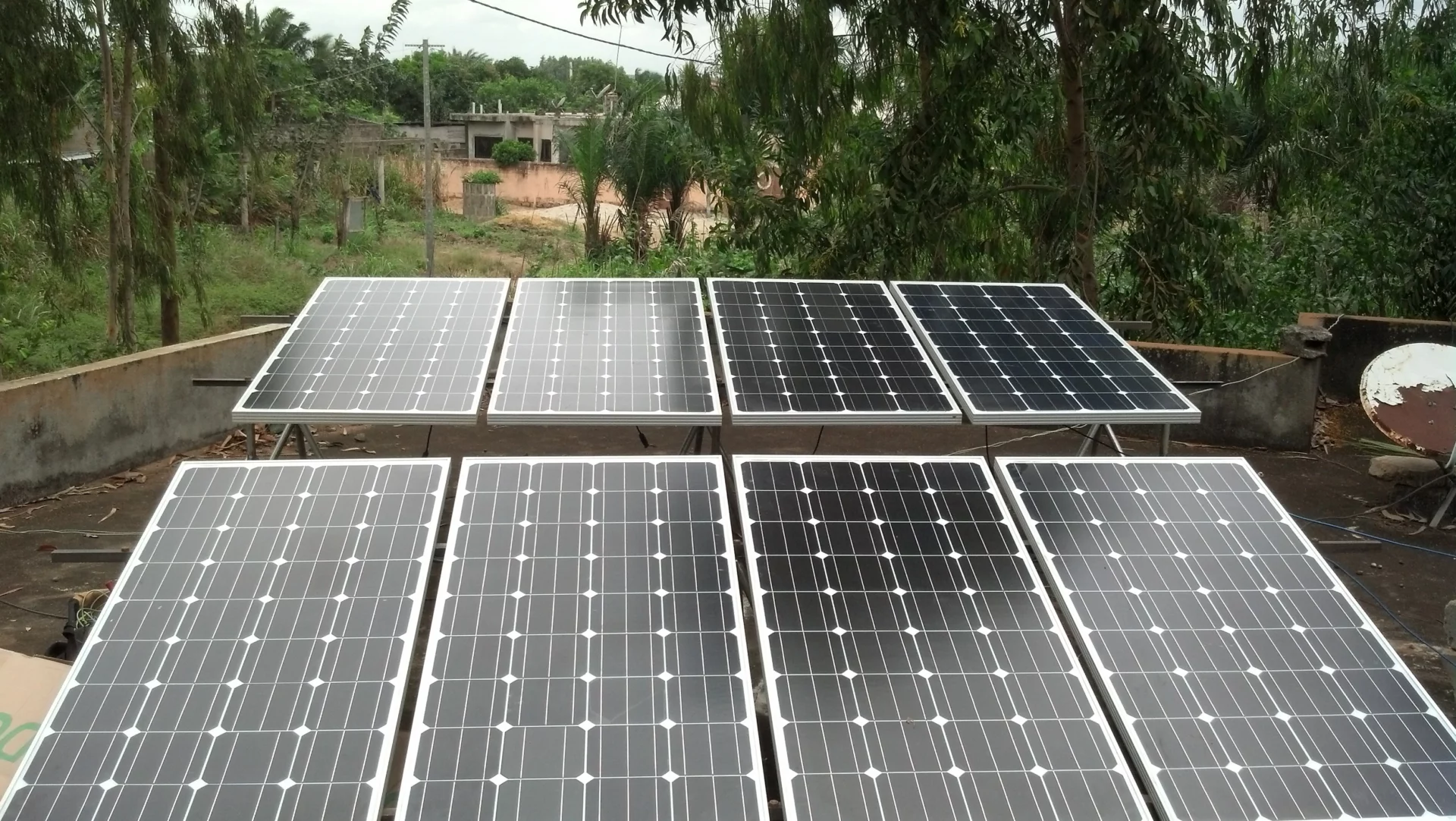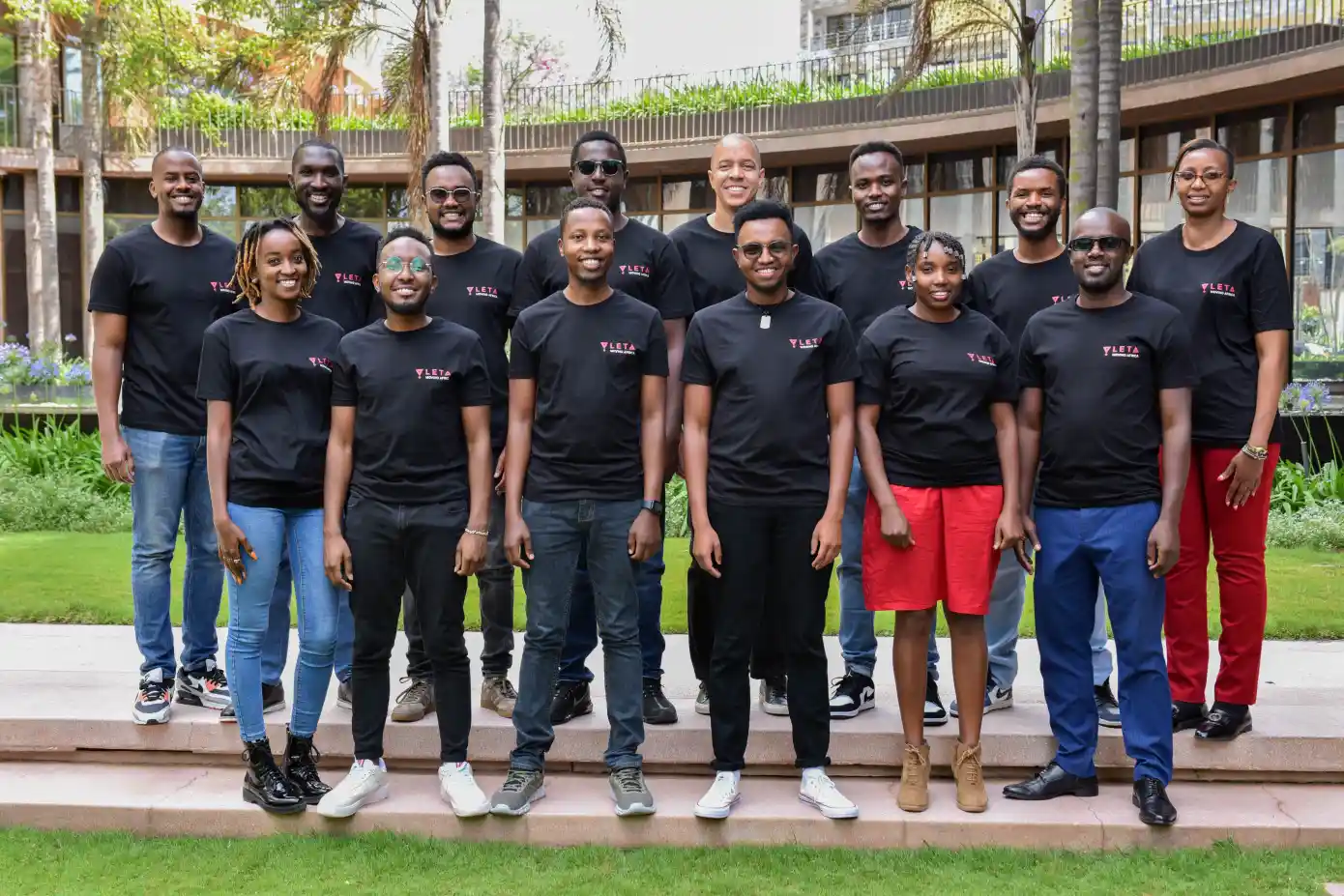Håfa Adai,
Victoria from Techpoint here,
Here’s what I’ve got for you today:
- Fuel prices crush ride-hailing drivers
- M-KOPA’s $6.8M Kenyan tax shock
- Hohm Energy: From seed to liquidation
Hohm Energy: From seed to liquidation

Hohm Energy, a South African climate startup, has filed for voluntary liquidation with the Companies and Intellectual Property Commission (CIPC).
The company recently informed its creditors that anyone with claims over R1,000 ($56.66) can nominate a liquidator. Hohm Energy stopped operations in August 2024 due to financial troubles, including struggles with existing debts.
In February 2024, Hohm announced its $8 million seed funding to push forward its climate fintech strategy, focusing on tech advancements, product innovation, and training solar installers. However, there’s been some confusion about the funding.
Spark Energy, Hohm’s parent company, clarified that all the capital raised was secured by Spark, not just for Hohm Energy.
Franc Gray, CEO of Spark Energy, explained that the $8 million was raised over a period of two-and-a-half years and wasn’t solely for Hohm Energy. Hohm did benefit from this funding, but so did other projects. The startup had prepared for a surge in demand due to load-shedding but faced a drop in demand as load-shedding eased towards the end of 2023 and into 2024.
Founded in 2021 by Tim Ohlsen and Emir Gluhbegovic, Hohm Energy connects homeowners and businesses with solar solutions through accredited installers, product suppliers, and financing options.
Fuel prices crush ride-hailing drivers

Ezekiel Tokunbo’s ride-hailing job used to be pretty good, but ever since the fuel subsidy was removed in May 2023, things have really gone downhill. He used to fill up his tank for ₦35,000 and make around ₦110,000 a week.
Now, he’s spending over ₦65,000 just to fill up and his earnings haven’t really budged. Long waits in fuel queues and fewer ride requests are making things even tougher for him.
To deal with rising fuel costs, Bolt has hiked its base fare by 15%. This might help drivers cover their costs, but it’s also making riders think twice. Many are now opting for public transport or mixing bus rides with Bolt trips to save money.
Even though inflation dropped a bit, with the Nigerian Bureau of Statistics reporting a decrease to 32.15% in August 2024, the cost of living is still sky-high. Food inflation hit 40.9% in June 2024, forcing Nigerians to choose between essentials and things like ride-hailing.
The economic squeeze is hitting hard all around. Big companies like GlaxoSmithKline and Procter & Gamble have exited Nigeria because of the rough economic climate and currency devaluation. Drivers like Sunday Lookman are also feeling the strain, struggling to keep up with daily car loan payments.
Want to know more about how these changes are impacting ride-hailing drivers and the broader market? Check out Bolu’s latest story for all the details!
M-KOPA’s $6.8M Kenyan tax shock

M-KOPA Holdings, the fintech company known for its pay-as-you-go solar systems, smartphones, and electric bikes, has been told to settle its tax bills in Kenya. This follows a recent decision by the Tax Appeals Tribunal.
The company had argued against paying a $6.8 million tax demand for the years 2017 to 2019, claiming that since it’s incorporated in the UK, it shouldn’t be taxed in Kenya under the Kenya-UK Double Taxation Treaty (DTT).
Why? M-KOPA said its operations are managed and controlled from the UK, with most of its directors based outside Kenya.
However, the tribunal wasn’t swayed by this argument. They pointed out that key management decisions are actually made in Kenya, where the CEO, CFO, and CCO are based.
Because of this, the tribunal decided that M-KOPA is a tax resident in Kenya, meaning it has to pay Kenyan income and capital gains taxes. The company failed to prove that important decisions were made outside Kenya, which is required under Kenyan tax law.
So, M-KOPA, which raised $250 million to expand its operations in 2023, adding to the $75 million it secured the year before, will have to settle a part of that $6.8 million tax bill with the Kenya Revenue Authority (KRA), although the exact amount is still to be decided.
The ruling is a big win for the KRA and could set a precedent for other companies claiming foreign tax residency while doing business in Kenya.
In case you missed them
- Inside Rise’s ambitions to build a pan-African wealth management powerhouse
- South Africa’s Home Affairs plans to go digital to eliminate long queues
- Why I chose my current job over a better-paying foreign gig
What I’m watching
- Could 2 People Actually Repopulate Earth
- Nigerians vs Kenyans | Is KENYA the new giant of Africa?
Opportunities
- Reliance Health is looking for a remote Product manager. Apply here.
- Heroshe is hiring a Senior Backend Developer. Apply here.
- 3Pillar is recruiting a Mid Fullstack NodeJS Engineer. Apply here.
- Paradigm is looking for a remote Full Stack Software Developer. Apply here.
- Follow Techpoint Africa’s WhatsApp channel to stay on top of the latest trends and news in the African tech space here.
Have a lovely Tuesday!
Victoria Fakiya for Techpoint Africa.











